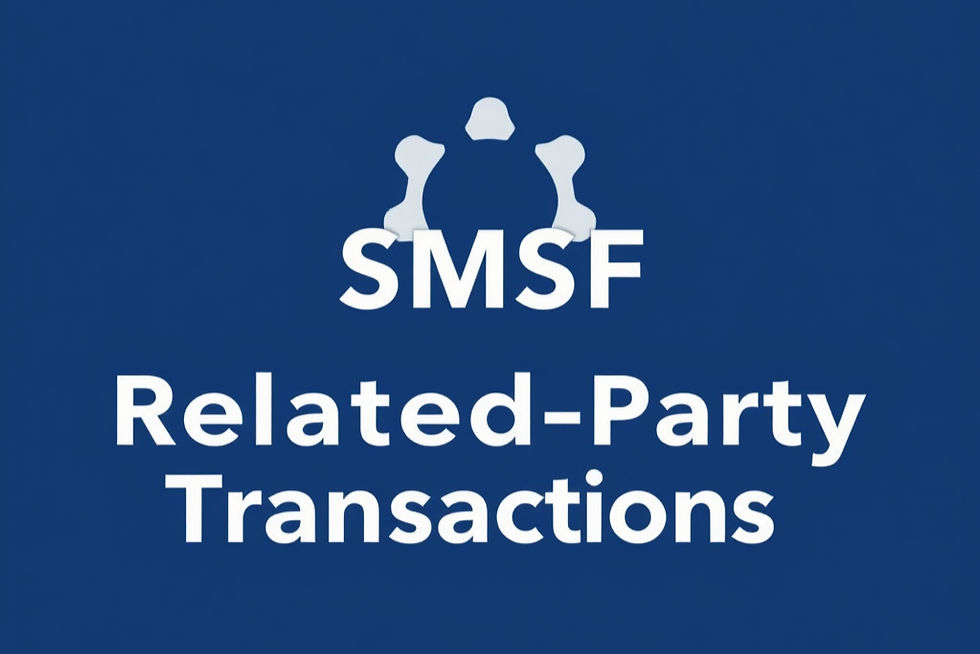Use and Abuse of Power
- pdbptax
- Oct 26
- 3 min read
Power is one of the most delicate responsibilities in leadership — when exercised wisely, it builds trust and progress; when mishandled, it can erode both. Leadership is not simply about holding authority; it is about how that authority is used — whether to serve, guide, and protect, or to control, dominate, and harm. The line between the use and abuse of power is thin, often invisible, yet it defines the integrity and culture of any organisation.

When Trust Was Tested
One of our clients, who operates a successful bakery, once promoted a capable baker to the position of Production Manager — a role that carried both authority and responsibility.
In that role, he was placed in charge of the oven — the heart of the bakery’s operations. The oven operator controls the heat, timing, colour, and quality of every product produced. It is a position that requires full focus and presence throughout the entire production period.
Over time, trust turned into complacency. The Production Manager began leaving his position during production hours to go home, take his daughter to school, and then return to work — several times, and without seeking permission. He believed that his position gave him the discretion to act as he wished.
When the owner consulted him about this, he reacted with frustration rather than understanding. That incident revealed a clear truth: he had mistaken authority for privilege — he was entrusted with power, and he abused it.
Trust Without Control Becomes Vulnerability
This incident highlighted a common pattern we observe in many workplaces. Trust, when not balanced with oversight, can easily become a weakness. Power without boundaries tends to drift — not always through deliberate misconduct, but often through comfort, habit, or misplaced confidence.
From a governance perspective, the situation at the bakery is a textbook example of what can happen when accountability structures are weak. Research on leadership behaviour shows that the misuse of authority often emerges in environments where monitoring is minimal and expectations are loosely enforced.
Control, when applied correctly, is not about mistrust — it is about protection:
Protection for the employer: safeguarding the business, its standards, and its people.
Protection for the employee: providing guidance, discipline, and a clear framework for responsible action.
If the bakery had implemented clearer role definitions, performance checks, and reporting protocols, this situation might have been avoided. The lesson is simple yet profound: trust must always be accompanied by structure.
The Broader Meaning — Use vs Abuse of Power
Use of power is the legitimate exercise of authority — when one’s position is applied ethically, lawfully, and purposefully to achieve rightful outcomes. Examples include:
A manager assigning tasks to maintain productivity.
A police officer enforcing laws to protect the public.
A director making strategic decisions in the company’s best interest.
Such actions are legitimate when they align with integrity, fairness, and accountability.
Abuse of power, on the other hand, occurs when authority is used for personal convenience, benefit, or control — or when it harms others or the organisation. It may be overt, such as intimidation or coercion, or subtle, such as neglecting duties, withholding information, or exploiting privilege.
The distinction lies in intent, accountability, and impact.
Leadership Reflection
Our client’s experience serves as a valuable reminder: even in small businesses, authority requires structure and supervision. Power left unchecked can distort judgment and weaken team discipline.
For leaders, this is not merely an operational issue but a cultural one. True leadership involves guiding others to act responsibly within the boundaries of trust. Delegation does not end with empowerment — it begins with oversight.
At its core, leadership is stewardship: the responsibility to ensure that authority serves purpose, not ego; progress, not privilege.
Lessons for Leaders
In every organisation, the boundary between use and abuse of power is fragile. It takes wisdom to recognise when authority is exercised appropriately, and courage to intervene when it is not.
As advisers, we often remind our clients that the same principle applies in business governance and financial control: unchecked authority creates risk. Systems, reviews, and accountability are not administrative burdens — they are the foundations of sustainable leadership.
People rarely fail from lack of skill; more often, they fail from lack of guidance. True leadership lies not in how much power we grant, but in how wisely we manage it.



